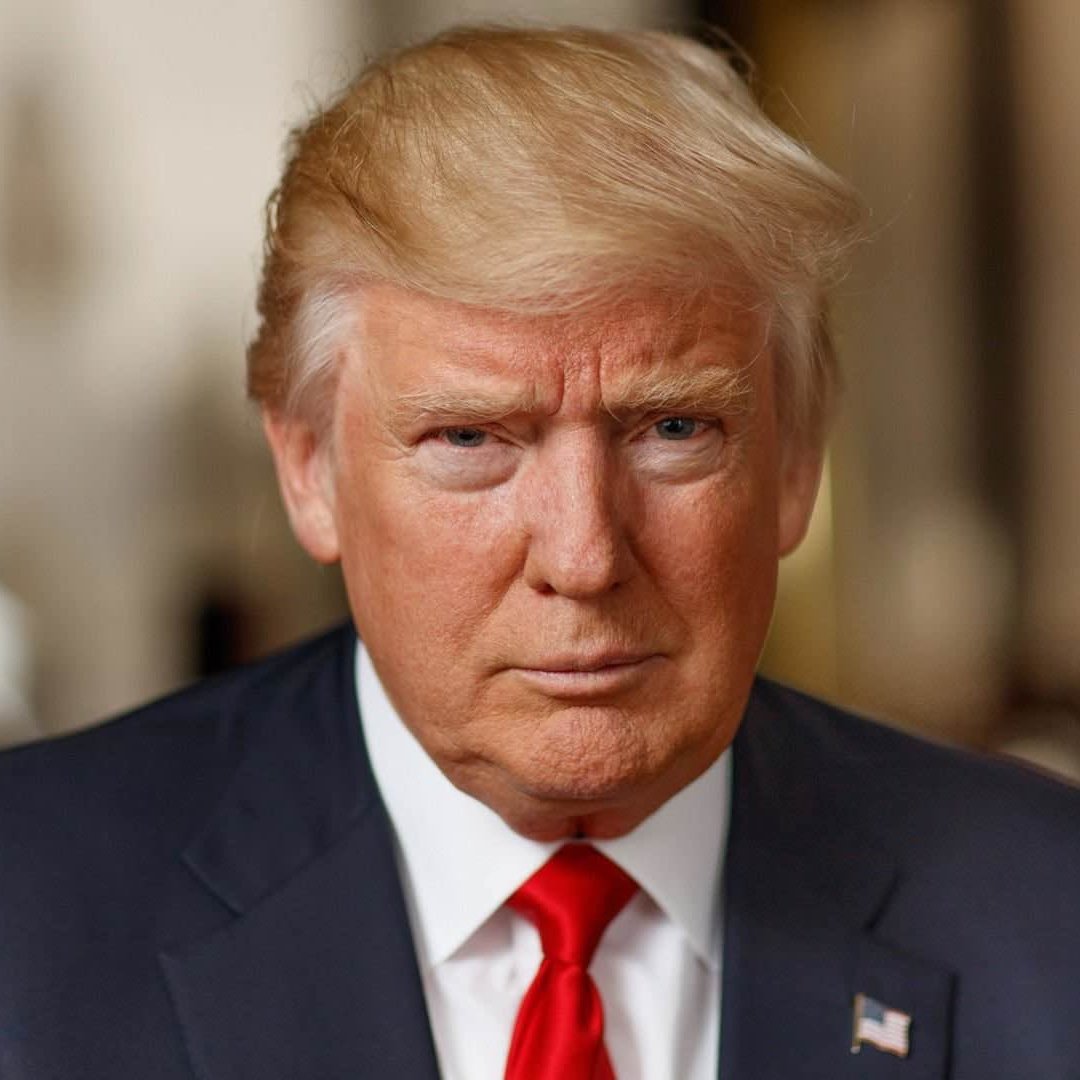
By Adeyemi Adekunle
US President Donald Trump has declared a full-scale war on paper straws, advocating for their replacement with disposable plastic alternatives. This unprecedented decision, announced on Monday during a White House briefing, signals a significant shift in the federal government’s approach to environmental policies surrounding single-use plastic items.
President Trump’s directive mandates that all US government departments and agencies cease the procurement and use of paper straws, a trend that has gained traction in recent years as part of the broader sustainability movement. In a robust statement, Trump remarked, “These things don’t work,” referring specifically to paper straws. He recounted personal experiences where the paper straws broke or became unusable within mere minutes, often when faced with hot beverages.
Critics of Trump’s decision argue that prioritizing convenience over environmental conservation could have dire repercussions. “Moving back to plastic straws is a regressive step in a time when we need to be making advancements in reducing waste and supporting sustainable practices,” noted environmental advocate Sarah Jennings. “We should be focusing on alternatives that reduce our impact on the environment, not returning to habits that pose risks to marine life and ecosystems.”
In his announcement, Trump claimed that the government would develop a national strategy aimed at phasing out paper straws. He also revealed plans to abolish existing guidelines that make it more difficult to use plastic straws in government and public facilities. The president further went on to dismiss concerns regarding the environmental impact of plastic waste, asserting, “I don’t think that plastic is going to affect a shark very much as they’re munching their way through the ocean,” highlighting a disconnection with the prevailing scientific understanding of plastic pollution.
This controversial stance comes at a time when global awareness of plastic pollution is at an all-time high. The United Nations has reported staggering figures: since the 1950s, a staggering 9.2 billion tons of plastic have been produced, equating in weight to about 910,000 Eiffel Towers. Most of this plastic is non-biodegradable and contributes significantly to the mounting crisis of waste in landfills and oceans worldwide.
In stark contrast, the European Union has taken significant steps to combat plastic pollution. Since mid-2021, the sale of plastic drinking straws has been banned in the EU as part of a broader initiative to reduce single-use plastic and encourage environmentally safer alternatives. The EU’s actions reflect a growing consensus among scientists and lawmakers about the urgent need to adopt sustainable practices to protect marine life and ecosystems.
As this debate unfolds, many are left to ponder the implications of Trump’s decision on a wider scale. Proponents of sustainability fear that the reversal of paper straw policies may embolden other sectors to resist necessary changes toward more responsible consumption. Fast food chains, cafés, and restaurants had made strides toward incorporating biodegradable options in recent years, often replacing plastic straws with paper ones.
Supporters of Trump’s decision, meanwhile, argue for personal freedom in consumer choices and stress the importance of convenience in modern life. “As a consumer, I want a product that works for me, and if that means using plastic straws, then so be it,” stated local business owner Paul Rivera.
The divided opinions on Trump’s stance illustrate the broader cultural conflict surrounding environmentalism, convenience, and consumer choice in America today. As the nation grapples with this contentious issue, it remains to be seen how this will influence future policies and practices concerning plastic usage and waste management.
As the discourse continues, one thing is clear: the environment, convenience, and policy are clashing in a way that will likely shape the conversation for years to come. The fate of plastic straws may be just one facet of a much larger battle over how the United States will approach environmental sustainability in a rapidly changing world.




